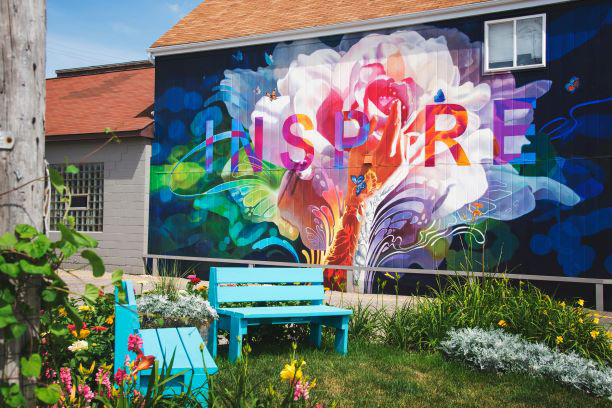
|
When pop singer Dua Lipa was 11, her choir teacher told her she couldn’t sing and would never make it. But her rock-singer-turned-marketing-executive father encouraged her talent. At the age of 23, Dua won a Grammy for “Best New Artist.”
As a freshman in high school, actor and comedian Keegan-Michael Key was struggling emotionally. The drama teacher’s friend noticed and said to her, “I think Keegan might have a facility for the arts. It would be healing for him. Take him under your wing, please.” The next day, the drama teacher approached Keegan, “I need you to be involved in the play.” He had never previously considered theater, but he quickly discovered his gifts on the stage, landing major roles every year. Since then, Keegan has won a Peabody and an Emmy for his work. When I was in high school, my interests wandered drastically. One week I was going to be a librarian, the next a biologist. Junior year I casually enrolled in a Business Law class. But I was immediately captivated by the topic, and my teacher noticed. He encouraged me to continue with Business Law II and nominated me for moot court. And when my mom offhandedly said, “You know, women can be lawyers,” law school became my destination. Thereafter I practiced law as a start-up attorney in Silicon Valley and loved it! We are always mentoring others, sometimes deliberately, often inadvertently, even recklessly. We mentor through our words, our actions, our responses, our advice (solicited and unsolicited), our connections, our encouragement, and even our discouragement. To mentor others is a privilege. But like any superpower, it comes with a responsibility to be wielded with prudence and purpose. The first step? Awareness and accountability. Let’s start asking each other, “Who are you mentoring these days?” When we acknowledge our role in mentoring, we can bolster our intentionality and elevate our impact. Happy Mentoring Month! © 2021. Ann Tardy and Mentor Lead. www.mentorlead.com | www.anntardy.com |
